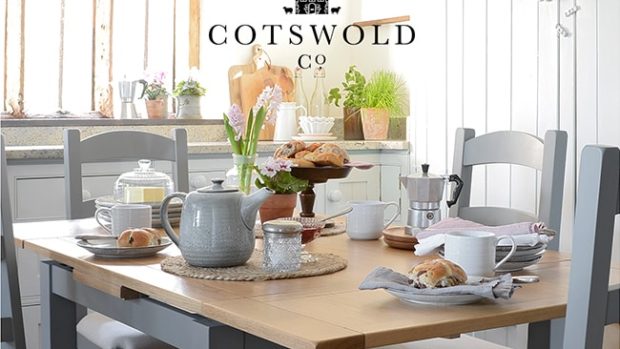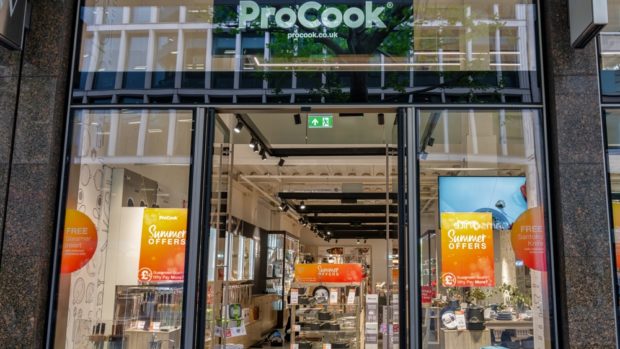Amidst the cutbacks, redundancies, and closures of the current
recession, one type of business has experienced a marked growth:
party-plan, or in-home sales, businesses.
The Direct Selling Association (DSA) confirms that UK recruitment
at in-home sales businesses such as Avon, Kleeneze, and Vie at
Home rose 15 percent in 2009. The DSA estimates that turnover
increased as well, though figures are not yet available. Overall,
though, it says that the sector accounts for roughly £2
billion in annual sales. Figures released by the Federation for
Direct Selling in Europe, meanwhile, show a 27-percent jump in
European sales, from €12.6 billion (£11.5 billion) in
2007 to €16.0 billion (£14.6 billion) last year.
“It certainly feels as if the recession has encouraged far
more women to look at ways of supplementing their income,”
says Ros Simmons, chief executive of cosmetics and gifts merchant
Vie at Home, “and also many women are looking to bring an
income into the family as their husbands face redundancy.”
Vie at Home has more than 10,000 active consultants, with
recruitment rates up significantly this year.
Party-plan businesses use self-employed consultants to sell
products directly to their neighbours, friends, and family
through parties and on a one-to-one basis. The parties typically
last two hours and include product demonstrations and samples.
According to the DSA, the top product categories are personal
(cosmetics, toiletries, clothes, and jewellery), household, books
and leisure items for the family, and nutrition and wellness. The
average customer transaction value is £21.
In-home sales account for nearly 85 percent of Vie at Home’s
turnover; it also sells directly to consumers via catalogue and
the web. During the past year the company has benefited from
“amazing growth figures,” says Simmons, though she
does not disclose what they are.
At organic health and beauty products retailer Neal’s Yard
Remedies, turnover from its in-home sales division, NYR Home, has
already exceeded expectations. The division, which launched in
April, took in £500,000 in sales in its first five months,
says Peter Cartwright, director of Pacifix, the direct-selling
consultancy that helped launch NYR Home. The company subsequently
introduced NYR Home in the US in September, and at press time it
was on course to have recruited 500 Stateside consultants in its
first month.
In with the new
The rising popularity of the party-plan model has received
relatively little media coverage. Cartwright acknowledges that
there is a classist stigma attached to in-home selling, much as
there had been to print catalogues in the 1980s. But just as the
launch of more upscale catalogues such as Boden and The White
Company lifted the image of the print catalogue, he adds, the
entry of companies such as Pampered Chef, the upmarket US seller
of kitchenware owned by billionaire investor Warren Buffett, and
ethical-beauty retailer The Body Shop into the sector is helping
to revise the perception of in-home selling as downmarket.
Here in the UK, one aspirational new entrant is Jamie Oliver, who
launched the Jamie at Home direct-selling business in March.
According to a press release heralding its arrival, “Jamie
at Home gives people the opportunity to start up a business
partnership with Jamie Oliver, sharing his values and passion
with the fresh energy and style of [the celebrity chef’s product
line] Jme.”
Some companies baulk at adding a party-plan division to their
multichannel strategy because they fear that by in effect
delegating much of the marketing and sales to their party
consultants, they will lose control of their brand. But so long
as consultants are hired carefully and trained properly, that’s a
groundless concern, says Cartwright. Consultants act as brand
advocates, to use a social-marketing term, or “an army of
volunteers working hard to make the brand work,” as
Cartwright puts it. “If something damages your brand, it
damages their business and their livelihood.”








Share